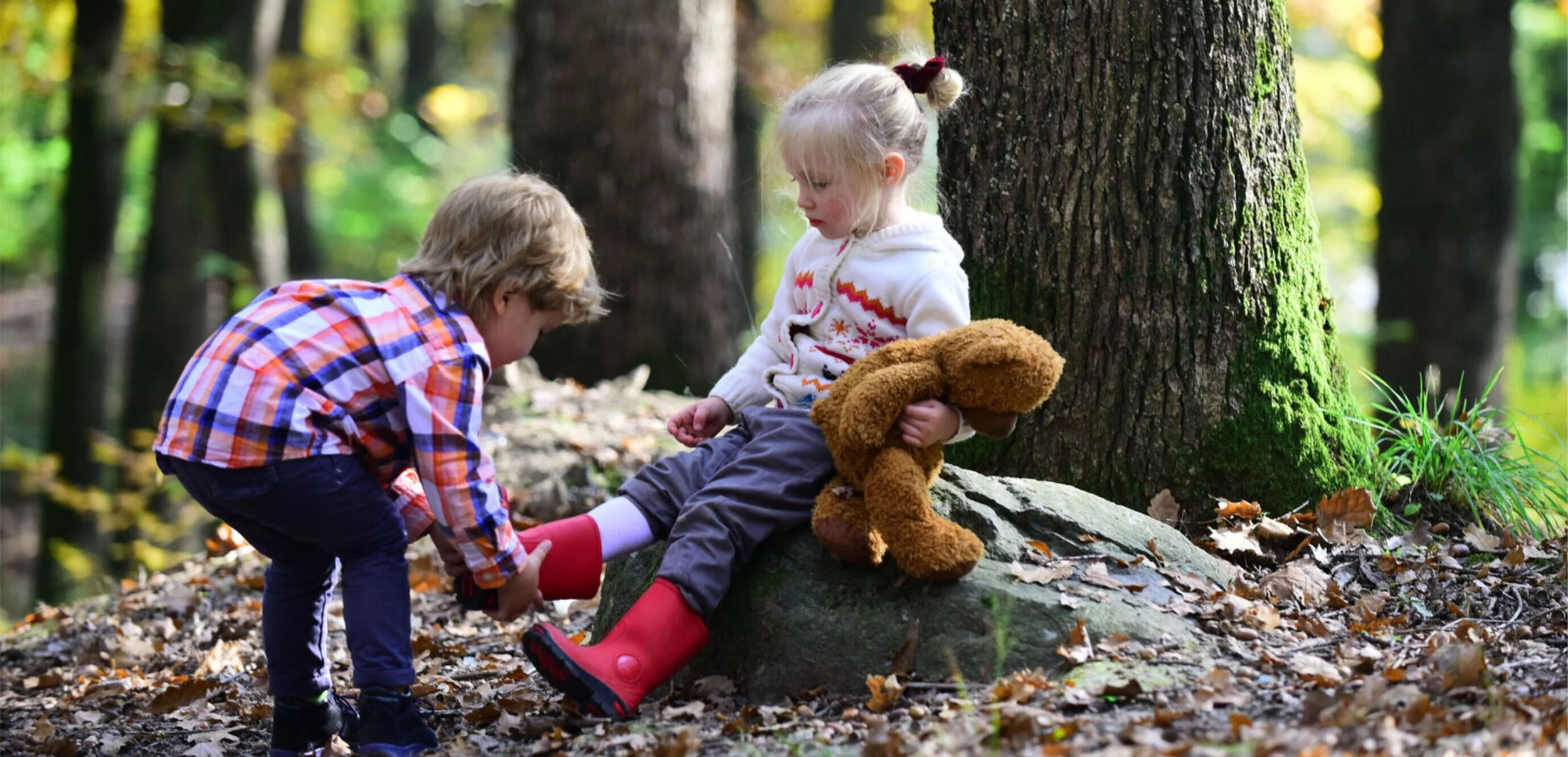The ROI of Kind Workplaces: Why Compassion Is Good for Business
You've probably heard Peter Drucker's famous line: "Culture eats strategy for breakfast." Here's the thing: kindness is the secret ingredient that actually creates that winning culture. Sure, you won't see "kindness metrics" on your quarterly reports, but look closer and you'll spot its fingerprints everywhere: employees who stick around longer, teams that actually work together, and performance numbers that make you smile. We're not talking about being nice just to be nice here. In today's business world, kindness isn't some fluffy extra—it's your competitive edge. Bottom line? Being kind isn't just good for the soul; it's good for the bottom line.Table of Contents
Introduction
What does kindness in the workplace look like?
How does kindness boost productivity and performance?
How does it lead to reduced turnover?
How does kindness fuel innovation?
How does it improve customer satisfaction?
How to create a kinder workplace?
Conclusion
Take NextJump, for example - this tech company did something that sounds almost crazy in today's corporate world: they basically said "we don't fire people." Instead of showing employees the door when things get tough, they double down with peer support, coaching, and mentoring. It's like they flipped the script on traditional management and asked, "What if we actually invested in our people instead of replacing them?" Pretty radical thinking that's paying off big time.
As per reports, their turnover rate practically disappeared - we're talking near zero—and get this: 90% of their employees actually said they love their job. When's the last time you heard that kind of number? This wasn't just feel-good fluff either. Their kindness-first culture delivered real, measurable returns that any CFO would be thrilled to see on their desk.What Does Kindness in the Workplace Look Like?
Let's get one thing straight - workplace kindness isn't about fake smiles and saying "please" and "thank you" all day.
At work, kindness isn't about fake smiles and saying "please" and "thank you" all day. It's the real stuff: actually listening when someone's talking to you, not hijacking their time with pointless meetings, giving credit where it's due, and offering feedback that builds people up instead of tearing them down. It's about treating your colleagues like actual humans instead of productivity machines.
But here's where people mess up—kindness doesn't mean slapping on a fake smile and pretending everything's sunshine and rainbows. That's just toxic positivity in disguise, and it's exhausting for everyone involved. Real kindness makes room for honest conversations, frustrations, and yes, even the occasional bad day. When your teammate is drowning in deadlines, don't just throw out a generic "you've got this!" Actually ask what they need and figure out how you can help. That's the difference between being kind and just being performative.Do you need help with implementing a foolproof Employer Branding Strategy for your organisation?
Get in touch with us using the form below:
How Does Kindness Boost Productivity?
Let's be honest—most corporate environments treat kindness like it's some luxury they can't afford. The business world loves to play tough, putting profit above people and acting like basic human decency is somehow "soft" or unrealistic. But here's what they're missing: without kindness, you'll never build the trust and happiness that actually drives results.
Think about it—we're all just humans who want to feel valued and respected. It's not rocket science. Yet so many companies create these toxic environments where people feel like disposable resources instead of, you know, actual people. The crazy part? When employees do experience genuine kindness at work, everything changes. They stick around longer, they actually enjoy showing up each day, and—surprise—they work harder toward company goals because they feel invested in the outcome.
It's simple psychology: when you enjoy what you do, you naturally do it better. Kindness boosts morale, keeps people engaged, and creates the kind of workplace culture where people thrive instead of just surviving. Companies that get this right aren't just being nice—they're being smart.
How Does It Lead to Reduced Turnover?
Here's where it gets interesting—kindness doesn't just make people feel warm and fuzzy, it actually moves the needle on productivity. But the real magic happens when you zoom out and look at the bigger picture. In kind workplaces, people literally show up more. They handle stress better, they don't burn out as quickly, and they're not calling in sick because they can't face another toxic day at the office.
Burnout isn't just an HR buzzword—it's a productivity killer that hits people physically and mentally, leading to more sick days and lower performance across the board. But when employees feel genuinely valued as human beings instead of profit-generating machines, something shifts. They develop real trust in their leadership, they're actually receptive to feedback, and—here's the kicker—they stick around. No more revolving door of talent walking out because they can't stand the culture. When people feel respected and supported, they invest in your company's success instead of planning their escape route.
How Does Kindness Improve Customer Satisfaction?
Plot twist—kindness doesn't just stay within your office walls. It ripples out to your customers too. Ever walked into a store where the staff looks miserable? You can practically feel the toxic energy radiating from behind the counter. When employees are constantly stressed, overworked, or treated poorly, that negativity shows up in every customer interaction. Nobody wants to buy from someone who clearly hates being there.
On the flip side, happy employees create happy customers. It's that simple. When your team feels valued and respected, they naturally bring that positive energy to every customer touchpoint. And here's what's really interesting—today's customers are paying attention to how brands treat their people. They're not just buying your product; they're buying into your values, and that is exactly what the incoming workforce is paying attention to...Gen Z!
Treat your employees poorly, and word gets out fast. Social media makes sure of that. But build a reputation for being genuinely good to your people? That's the kind of brand loyalty money can't buy. Customers will keep coming back because they know they're supporting a company that does right by its people.How Does Kindness Fuel Innovation?
Here's where kindness gets really powerful—it creates psychological safety, and that's where the magic happens. When people feel genuinely heard, respected, and supported, they stop walking on eggshells. They're not spending all their mental energy worrying about getting thrown under the bus for trying something new. Instead, they actually use their brains for what you hired them to do: think, create, and solve problems.. According to a study, psychologically safe teams are 21% more likely to innovate. Think about that—just by creating an environment where people feel safe to take risks and experiment, you're literally unlocking more creative potential from your existing team. It's like having a bunch of smartphones but only using them as paperweights. Kindness doesn't just make people feel better; it makes them think better, create better, and come up with those breakthrough ideas that actually move your business forward.How To Create A Kind Workplace?
So we've established that kindness is basically a business superpower. But here's the best part—you don't need to orchestrate some grand gesture or company-wide initiative to make it happen. The real transformation comes from those tiny, everyday moments that most people overlook. A quick "thanks for staying late" here, actually listening during a meeting there—these small acts create this ripple effect that slowly but surely shifts the entire vibe of your workplace.
“Kindness isn’t just good for people - it’s what smart businesses do. When you take care of your people, they take care of your business. It really is that simple.”
Conclusion
Workplace kindness isn't some nice-to-have luxury anymore. It's non-negotiable. Sure, it's the right thing to do morally, but let'z talk business: at Let'z Talk we help bridge the gap between the organisation's story and the experience.
Don't expect overnight miracles here. Kindness is more like compound interest—the real payoff builds over time. But when it kicks in? You'll see teamwork that actually works, people who want to stick around, productivity that doesn't require micromanaging, and the kind of innovation that comes from people who aren't afraid to think outside the box. Oh, and your bottom line will thank you too.
The beauty of it all? You don't need some massive corporate overhaul or expensive consultant. Sometimes the smallest gestures pack the biggest punch.
About The Author: Let'z Talk
Let'z Talk is an employer branding & workplace wellbeing solutions provider that creates caring workplaces. With diverse backgrounds and a shared enthusiasm for employer branding through the lens of wellbeing, our passionate team brings together a wealth of experience and skills to meet the needs of various organisations. Our seasoned experts, workplace coaches, and mental health advisors are always eager to share their knowledge and drive thought-provoking conversations.
Let’z Talk is a people-first employer branding agency that helps organisations build cultures rooted in trust, inclusion, and emotional safety.
If you’re looking to create emotionally safe, high-performing teams, we’d love to support you.
Get in touch using the contact form below for a free discovery call to explore how we can partner on your culture and employer brand journey.
Found this article helpful? Or, you need assistance with employer branding, employee engagement or workplace wellness programs?





